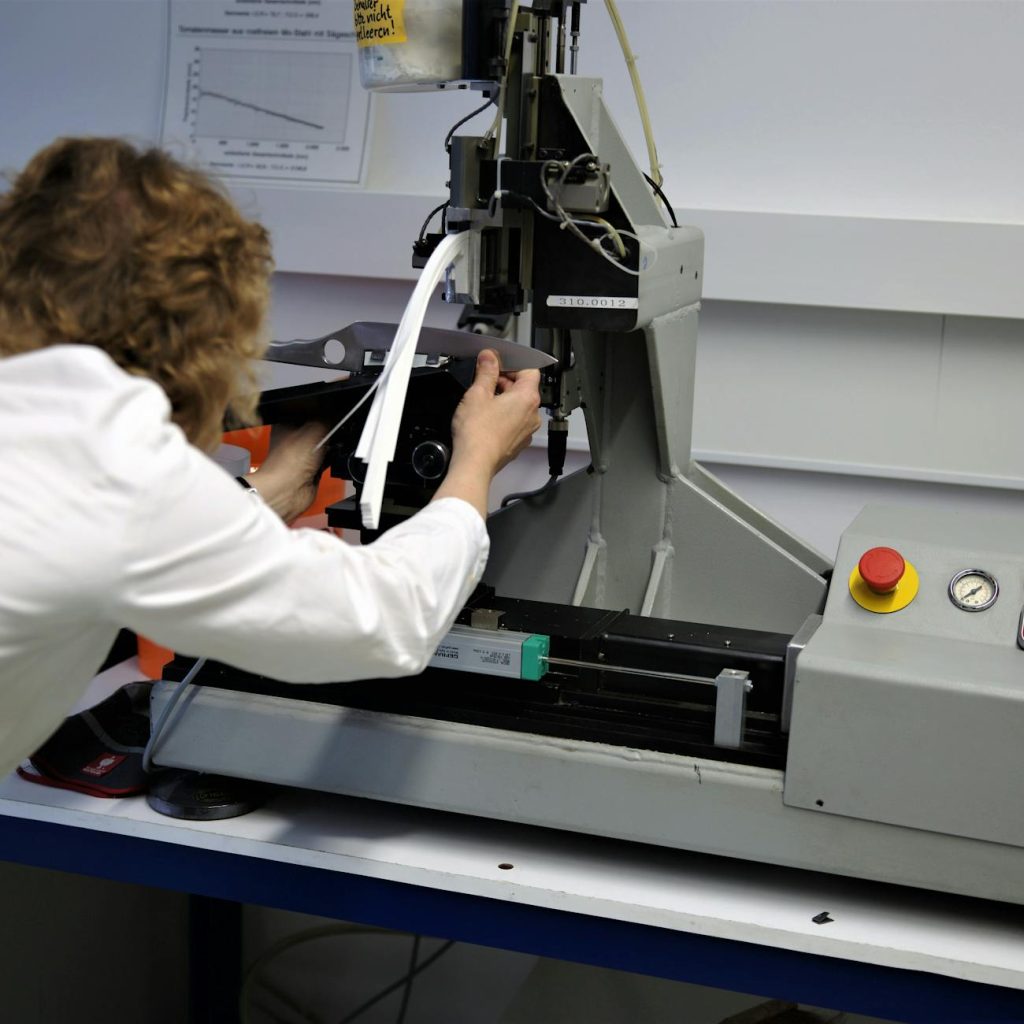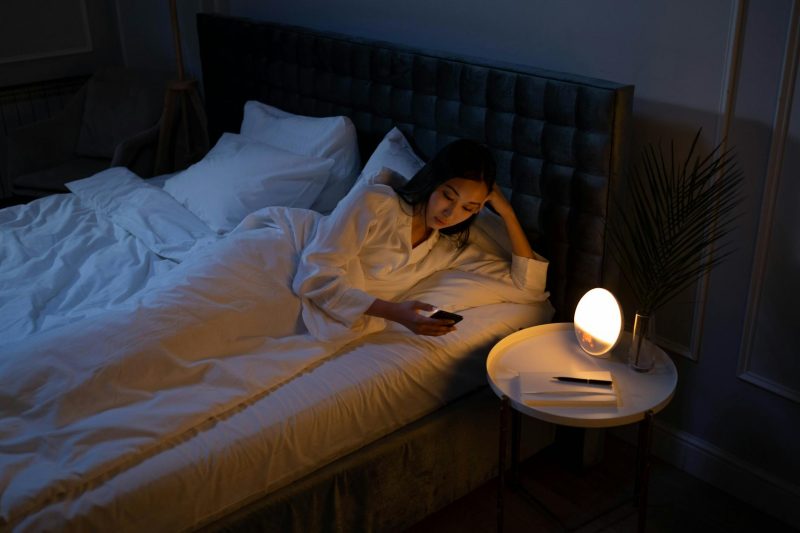Boost Sleep Quality: Best Tech Tools
Sleep Trackers: Your Gateway to Better Rest
Sleep trackers have become indispensable companions in our quest for better rest. In a world where technology permeates every aspect of our lives, it’s no surprise that sleep tech has emerged as a vital tool to enhance our well-being. But sleep trackers are just the beginning. From AI-driven insights to smart alarms and ambient lighting, technology is revolutionizing how we approach sleep, making it a cornerstone of modern wellness.
How Do Sleep Trackers Work?
Sleep trackers are wearable or non-wearable devices designed to monitor and analyze sleep patterns. Wearables like Fitbit, Garmin, or Oura Ring track metrics such as sleep duration, stages, and disruptions. Non-wearables, like Matress sensors, monitor sleep without direct contact. These devices integrate data from lifestyle factors like diet, exercise, and stress to offer a holistic view of sleep health.
AI: The Brain Behind Sleep Tech
AI’s role in sleep technology is transformative. By analyzing vast data, AI identifies patterns, offering personalized recommendations to improve sleep. For instance, the Fitbit Sleep Score uses AI to assess sleep quality, providing actionable insights. AI-enhanced apps like Sleep Cycle wake users during light sleep, reducing grogginess. This personalized approach, driven by AI, customizes solutions, making sleep optimization tailored to individual needs.
Beyond Trackers: Other Sleep Tech Innovations
While sleep trackers are essential, they’re part of a broader ecosystem. Smart alarms like Amazon’s Halo Rise simulate sunrise, gently waking users. White noise machines and apps create soothing environments, while smart lighting systems like Philips Hue adjust brightness to facilitate sleep. These tools collectively enhance sleep hygiene, demonstrating how technology is reshaping our sleep routines.
Culture Shift: Prioritizing Sleep
Society’s perception of sleep has evolved; it’s no longer a luxury but a health priority. Companies like Google and Nike integrate sleep programs, recognizing its impact on productivity. CEOs like Elon Musk and Arianna Huffington openly discuss sleep’s importance, aligning with wellness culture. This shift reflects a broader movement towards holistic wellness, where sleep is central.
Choosing the Right Tech
Selecting the best sleep tech involves considering comfort, accuracy, budget, and specific needs. Whether a wearable device or smart alarm, the right tool should fit seamlessly into your routine. Prioritize devices offering comprehensive data and actionable insights, ensuring a worthy investment in your sleep journey.
Key Takeaways
– Invest in Sleep Trackers: Essential for understanding sleep patterns and optimizing rest.
– Leverage AI Insights: For personalized recommendations and enhanced sleep strategies.
– Explore Beyond Trackers: Utilize smart alarms and lighting to create a sleep-friendly environment.
– Embrace Sleep as Culture: Recognize sleep’s importance and prioritize it for overall wellness.
In conclusion, sleep trackers and other tech tools are invaluable allies in improving sleep quality. As technology advances, integrating these innovations can transform your sleep landscape. Explore, experiment, and find what works best for you.
Reflection: In today’s fast-paced world, quality sleep is crucial. By embracing sleep tech, we can reclaim restful nights and energized days. Explore more insights on BeNewsMag.com to stay updated on the latest in wellness and technology.

